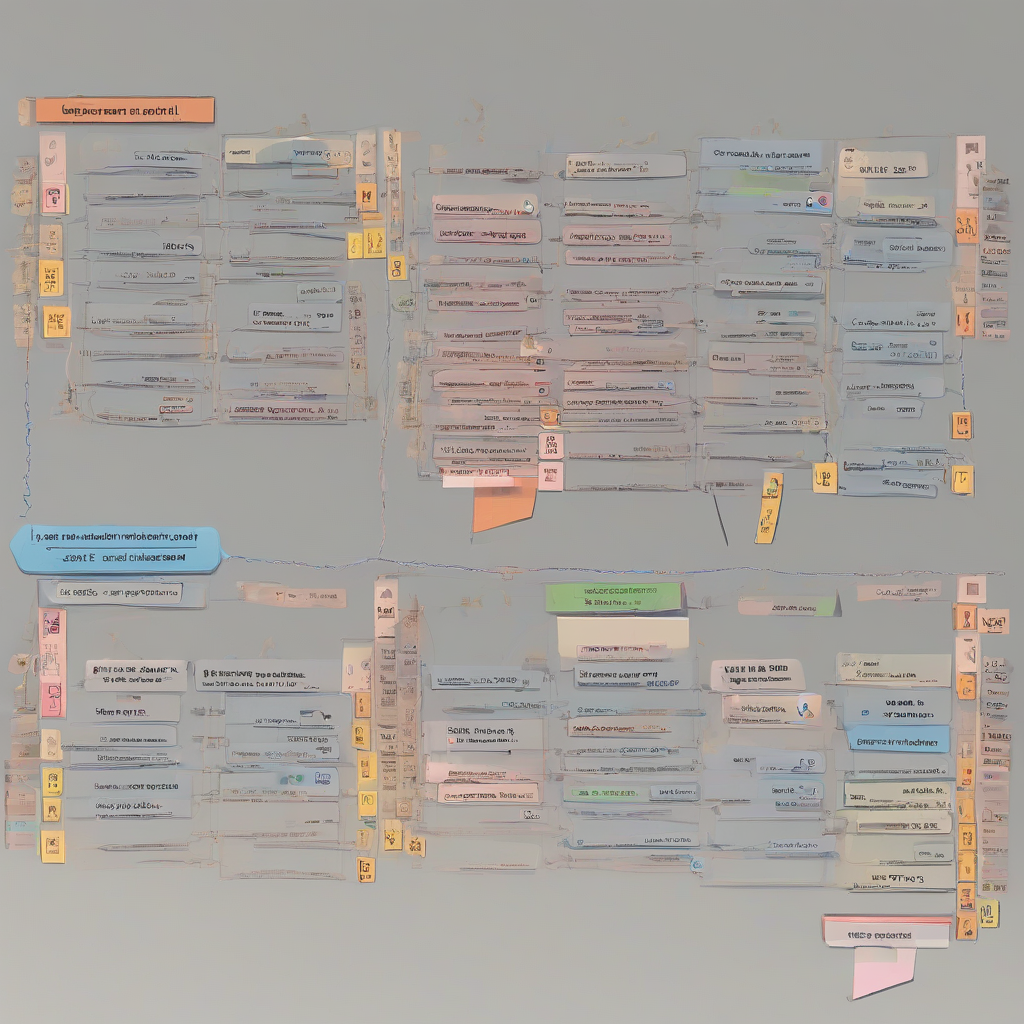Discover Home Loans: A Comprehensive Guide to Your Dream Home
Embarking on the journey of homeownership is an exciting and significant milestone in life. A home is not just a place to live but a sanctuary, a foundation for family, and a testament to your hard work and aspirations. However, navigating the complex world of home loans can be daunting. This comprehensive guide aims to equip you with the knowledge and insights you need to confidently navigate the process of discovering and securing a home loan that aligns with your financial goals and dreams.
Understanding the Fundamentals of Home Loans
A home loan, also known as a mortgage, is a loan that enables you to purchase a residential property. Lenders provide you with a sum of money, typically over a long-term period, which you then repay with interest. Understanding the key concepts of home loans is crucial before you embark on your homeownership journey.
- Loan Types: Home loans come in a variety of types, each with its own features, terms, and conditions. Common loan types include fixed-rate mortgages, adjustable-rate mortgages (ARMs), FHA loans, VA loans, and USDA loans. It’s essential to carefully evaluate the pros and cons of each type to determine the best fit for your financial situation and needs.
- Interest Rates: Interest rates are a crucial factor in home loan affordability. Lower interest rates translate to lower monthly payments and a lower overall cost of borrowing. Interest rates fluctuate based on market conditions, so staying informed about current rates is vital.
- Loan Term: The loan term refers to the duration over which you repay the loan. Common loan terms range from 15 to 30 years. A shorter loan term typically results in higher monthly payments but lower overall interest costs.
- Down Payment: A down payment is the initial cash contribution you make towards the purchase of a home. The required down payment percentage can vary depending on the type of loan and lender. A larger down payment generally leads to lower monthly payments and a lower interest rate.
- Closing Costs: In addition to the loan principal, you will also incur closing costs, which are expenses associated with the purchase of a home. Closing costs typically include loan origination fees, appraisal fees, title insurance, and other fees. Budgeting for these costs is essential.
Evaluating Your Financial Readiness
Before you begin exploring home loans, it’s crucial to assess your financial readiness. A solid financial foundation will ensure you can handle the responsibilities of homeownership and make informed decisions regarding your mortgage.
- Credit Score: Your credit score is a numerical representation of your creditworthiness. Lenders use your credit score to assess your risk and determine the interest rate they offer. A higher credit score generally results in a lower interest rate. It’s advisable to improve your credit score before applying for a home loan.
- Debt-to-Income Ratio (DTI): Your DTI is the percentage of your monthly income that goes towards debt payments. Lenders use your DTI to assess your ability to manage monthly mortgage payments. A lower DTI typically results in a more favorable loan offer.
- Savings: Having a substantial savings account can help you cover your down payment, closing costs, and other expenses related to homeownership. It’s important to have a financial cushion to handle unexpected costs or emergencies.
Choosing the Right Lender
Selecting the right lender is a critical step in the home loan process. A reputable lender will offer competitive rates, transparent terms, and excellent customer service.
- Shop Around: Compare rates, fees, and terms from multiple lenders to find the best deal. Online comparison tools and mortgage brokers can facilitate the process.
- Consider Your Needs: Different lenders specialize in different loan types and offer varying levels of service. Choose a lender that meets your specific needs and preferences.
- Reputation and Reviews: Research the lender’s reputation and read customer reviews to gauge their trustworthiness and customer satisfaction levels.
- Communication and Transparency: Look for a lender that is responsive, communicative, and transparent throughout the loan process.
The Home Loan Application Process
Once you have chosen a lender, you will need to submit a loan application. The application process involves gathering and providing documentation, including your financial information, employment history, and property details.
- Gather Required Documentation: Prepare all necessary documents, such as your pay stubs, tax returns, bank statements, and credit report. Having all documents ready will streamline the application process.
- Pre-Approval: Obtaining pre-approval from a lender can give you a better idea of your borrowing power and make you a more competitive buyer in the real estate market.
- Loan Underwriting: The lender will review your application and supporting documentation to assess your creditworthiness and determine the loan terms.
- Closing: Once the loan is approved, you will attend a closing ceremony to sign the final mortgage documents and finalize the purchase of your home.
Tips for Securing a Favorable Home Loan
To maximize your chances of securing a favorable home loan, consider these tips:
- Improve Your Credit Score: A high credit score is essential for obtaining a low interest rate. Pay your bills on time, manage your debt levels, and avoid opening new credit accounts unnecessarily.
- Shop Around for Rates: Get quotes from multiple lenders to compare interest rates, fees, and loan terms. Utilize online comparison tools and mortgage brokers to simplify the process.
- Negotiate Loan Terms: Don’t hesitate to negotiate loan terms, such as interest rates, fees, and closing costs. Lenders are often willing to work with borrowers to find a mutually agreeable solution.
- Understand the Loan Documents: Carefully read and understand all loan documents before signing them. Seek clarification from your lender if you have any questions or concerns.
Exploring Different Loan Options
The home loan market offers a variety of options to suit different financial situations and needs.
- Fixed-Rate Mortgages: Fixed-rate mortgages offer a consistent interest rate throughout the loan term, providing predictable monthly payments and protection against interest rate fluctuations.
- Adjustable-Rate Mortgages (ARMs): ARMs have an initial fixed interest rate that adjusts periodically based on market conditions. They can offer lower initial interest rates but may result in higher payments later on.
- FHA Loans: FHA loans are insured by the Federal Housing Administration and are designed to help low- and moderate-income borrowers. They typically require lower down payments and credit score requirements compared to conventional loans.
- VA Loans: VA loans are available to eligible veterans, active-duty military personnel, and surviving spouses. They offer competitive interest rates and no down payment requirement.
- USDA Loans: USDA loans are specifically for borrowers who are purchasing a home in eligible rural areas. They often have low interest rates and require no down payment.
Additional Considerations for Homeownership
Beyond the loan process, there are other factors to consider when embarking on the journey of homeownership.
- Home Insurance: Homeowners insurance is essential to protect your home and belongings from unexpected events like fire, theft, and natural disasters.
- Property Taxes: Property taxes are annual payments levied by local governments on real estate. These taxes can significantly impact your overall homeownership costs.
- Home Maintenance: Homeownership comes with ongoing maintenance responsibilities. Budgeting for regular repairs and updates is crucial to maintain the value and functionality of your home.
Conclusion: Embarking on Your Homeownership Journey
The journey to homeownership is a significant investment in your future. By understanding the fundamentals of home loans, assessing your financial readiness, and choosing the right lender, you can navigate the process confidently and secure a mortgage that aligns with your financial goals and dreams. Remember to shop around for rates, negotiate loan terms, and carefully review all loan documents. With careful planning and informed decision-making, you can unlock the doors to your dream home and create a foundation for a bright and prosperous future.




